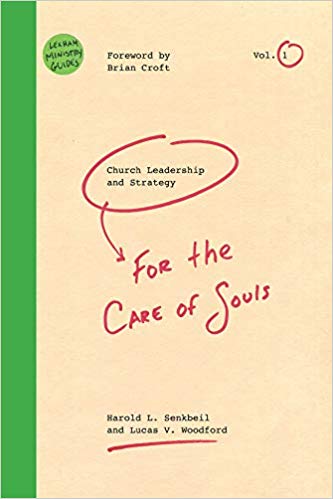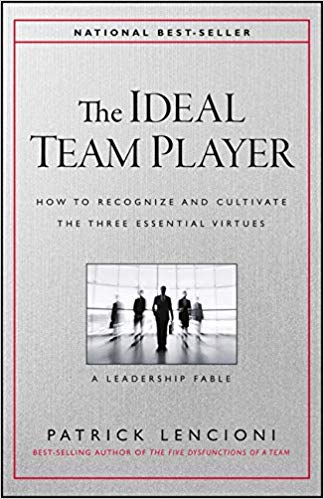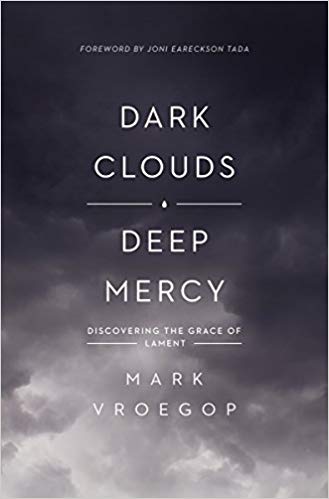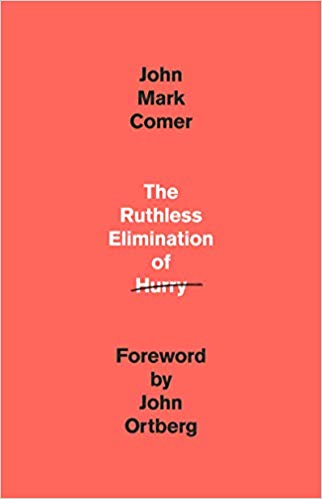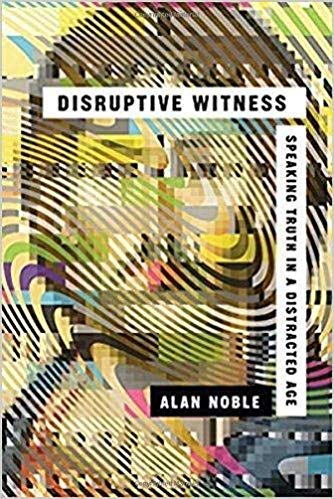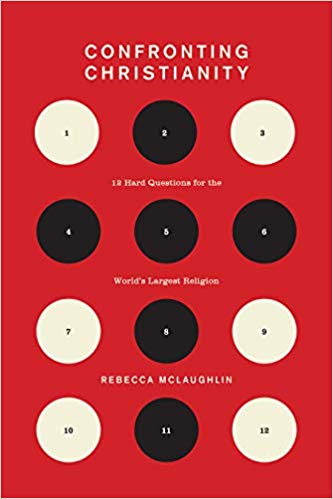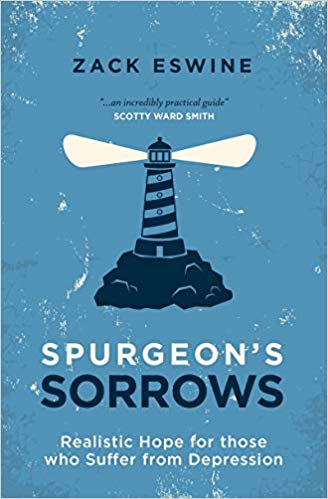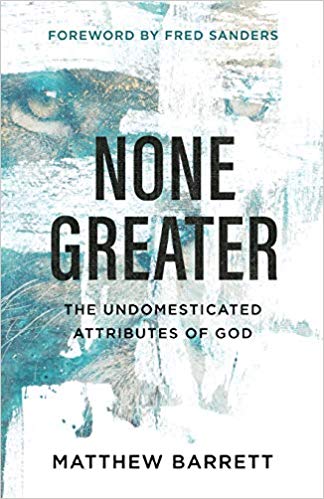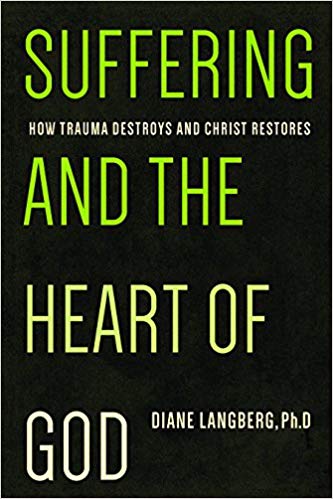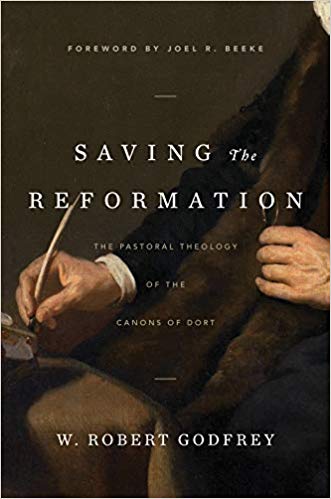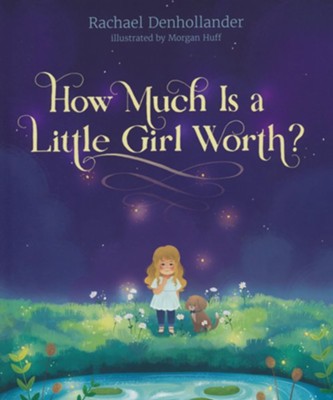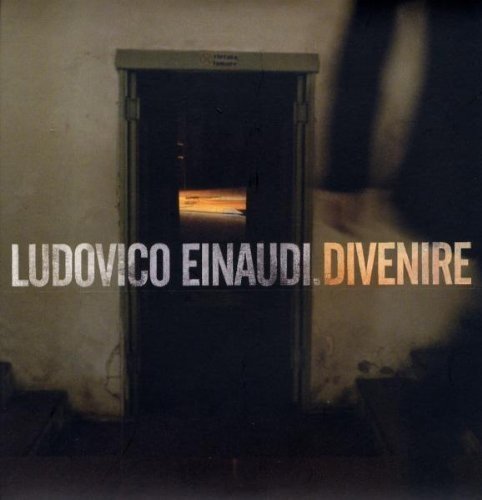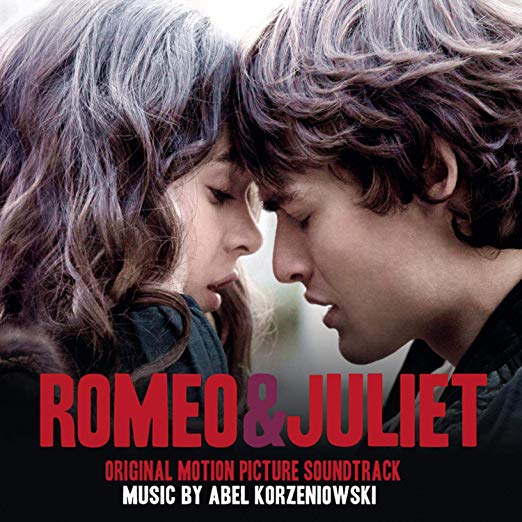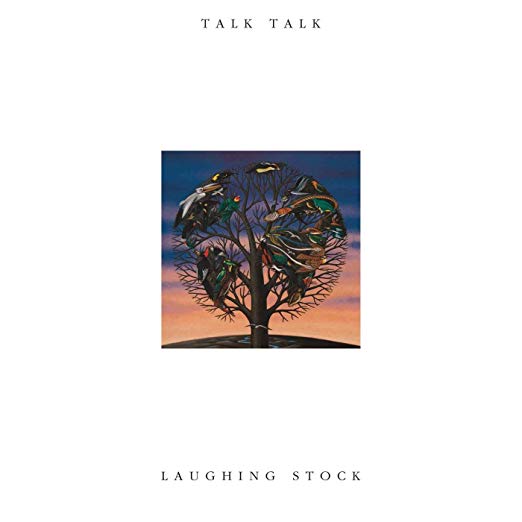Church Leadership and Strategy for the Care of Souls by Harold L. Senkbeil and Lucas V. Woodford (2019)
Affectionately known as: The one that challenged me to prioritize the means of grace in my work as a minister of grace.
This book is short and punchy (100 pages), yet deep in biblical insight and practical wisdom. Senkbeil and Woodford provide timely leadership tips on the pastor’s first priorities. Pastoral leadership is not primarily about strategy, they say, nor is it merely about soul care; it’s about strategic soul care in the fullest sense of that phrase. They begin with a transparent overview of the realities of modern ministry, then winsomely weave together biblical principles with practical tips to encourage pastors to protect, guide, and nourish their churches in the ways of Jesus.
Quoteworthy: “Ministry and administration belong together. Yet they are not interchangeable; the latter serves the former. Don’t get this mixed up and set aside the one thing needful to be busy and preoccupied with many other things. Only the ministry of the gospel and sacrament feeds and nourishes Christ’s flock and cares for their souls; this and this alone remains primary. Everything else, as helpful as it might be, is secondary. But it takes planning to keep your priorities in order.” (51)
The Ideal Team Player: How to Recognize and Cultivate The Three Essential Virtues by Patrick M. Lencioni (2016)
Affectionately known as: The one that clarifies what an effective and helpful team member should look like and why we tend to compromise when they don’t.
In usual form, Lencioni employs the use of parable to break down what he considers the three non-negotiable characteristics of an ideal team player: humble, hungry (or hard working), and smart (namely, people smart). It’s easy to overlook one of these categories when a candidate is strong in the others. Lencioni’s practical leadership fable was particularly helpful to me last year, as it provided some hot tips for filling in the gaps of our leadership processes at KXC.
Quoteworthy: “Great team players lack excessive ego or concerns about status. They are quick to point out the contributions of others and slow to seek attention for their own. They share credit, emphasize team over self, and define success collectively rather than individually. It is no great surprise, then, that humility is the single greatest and most indispensable attribute of being a team player.”
Dark Clouds, Deep Mercy: Discovering the Grace of Lament by Mark Vroegop (2019)
Affectionately known as: The one that reclaims a Christian vision of lament that is realistic, sympathetic, and yet deeply hopeful.
When tragedy and suffering hits, we sometimes run to hopefulness rather than learning to wrestle through the pain. Using examples from the Scriptures, Vroegop encourages us to press into the pains and tragedies of the world rather than pretend them away. He shepherds readers through a biblical perspective of lament, first beginning with Psalms of lament, then the book of Lamentations, and finally offering ways we can incorporate lament into our personal and churchly lives.
Quoteworthy: “Lament is the language that helps you believe catastrophe can become eucatastrophe. It vocalizes the pain of the moment while believing that help is on the way. Lament gives us hope because it gives us a glimpse of truth.” (191)
The Ruthless Elimination of Hurry: How to Stay Emotionally Healthy and Spiritually Alive in the Chaos of the Modern World by John Mark Comer (2019)
Affectionately known as: The one I didn’t know I needed so badly.
How do we slow down, unhurry ourselves, and live deliberately? Turns out we have much to learn from Jesus in this area. With his trademark style of transparent storytelling, Comer shares his own personal journey towards burnout in our over-busied world. He then offers a healthy way forward shaped by the ways and wisdom of Jesus.
Quoteworthy: “Love, joy, and peace are at the heart of all Jesus is trying to grow in the soil of your life. And all three are incompatible with hurry.” (25)
Disruptive Witness: Speaking Truth in a Distracted Age by Alan Noble (2018)
Affectionately known as: The one with a unique (and timely) take on how to be “salt and light” in our technologically-saturated moment.
With the rapid rise of consumer technology and the allure of connectedness via social media, the spirit of our age is a highly distracted one. Leaning on the philosophical framework of Charles Taylor, Noble provides his helpful diagnosis of our shared condition and offers a few hot tips on how to be a “disruptive witness” at such a time as this. Disruptiveness is exactly the type of witness we should have when contending for the truth, goodness, and beauty of God to a world that hardly looks up from our iPhones.
Quoteworthy: “Our frenetic and flattened culture is not conducive to wrestling with thick ideas, ideas with depth, complexity, and personal implications. It is a culture of immediacy, simple emotions, snap judgments, optics, and identity formation. In such a world, is it any wonder that Christians so often speak past their listeners?” (24)
Confronting Christianity: 12 Hard Questions for the World’s Largest Religion by Rebecca McLaughlin (2019)
Affectionately known as: The one that defends the faith while exposing its beauty.
McLaughlin answers 12 hard questions for Christianity today. She is a fantastic writer—fun to read, verbally winsome, and intellectually challenging. This is a book on apologetics, but of the sort I’ve never read before. She seasons her arguments with evidence and narrative, and frames each objection to Christianity within the context of the biblical story. Think Keller’s Reason for God but with newer questions for our cultural moment. She doesn’t merely contend for truth; she shows how God’s truth is also good and beautiful.
Quoteworthy: “In Jesus’s world, we find connective tissue between the truths of science and morality. We find a basis for saying that all human beings are created equal, and a deep call to love across diversity. We find a name for evil, and a means of forgiveness. We find a vision of love that is so much deeper than our current hearts can hold, and a true intimacy better than our weak bodies could ever experience. We find a diagnosis of human nature as shot through with sin and yet as redeemable by grace. We find a call to care for the poor, oppressed, and lonely, a call springing from the heart of God himself and grounded in the hope that one day every tear will be wiped away, every stomach will be filled, and every outcast will be embraced. But we do not find glib answers or an easy road. Instead, we find a call to come and die.” (222)
Spurgeon’s Sorrows: Realistic Hope for those who Suffer from Depression by Zack Eswine (2016)
Affectionately known as: The one that reacquainted me with the Prince of Preachers and his pastoral heart toward sufferers.
Eswine draws from the sermons and writings of “Prince of Preachers” Charles Spurgeon in order to encourage those suffering from depression. Spurgeon himself was no stranger to depression and the grimly named “dark night of the soul.” Eswine pulls from Spurgeon’s own experience fighting these spiritual battles to craft an empathetic theology of suffering, along with a collection of comforting truths and practical helps for those suffering from depression.
Quoteworthy: “When we search for someone, anyone, to know what it means to walk in our shoes, Jesus emerges as the preeminent and truest companion for our afflictions. Realistic hope is a Jesus-saturated thing. Those who suffer depression have an ally, a hero, a companion-redeemer, advocating for the mentally harassed.” (85)
None Greater: The Undomesticated Attributes of God by Matthew Barrett (2019)
Affectionately known as: The one that makes you want to pause at each page and worship God.
Barrett unpacks the biblical and classical doctrine of God with careful devotion for a new generation. He has a remarkable knack for taking the big things of God and making them very accessible. And when I say the big things of God, I mean the really big things of God, the attributes of God that are so utterly transcendent, so wildly “other” than us, you can’t help but marvel. Given how many of the today’s theological controversies are rooted in a general unawareness of the classical doctrine of God, this one’s a timely and necessary resource.
Quoteworthy: “While stacks of books invite the scholarly student to pick up and read, the churchgoer has little opportunity to dive headfirst into the deep things of God. Sadly, they turn to popular devotional literature to feed a spiritual hunger that only theology can satisfy. Is it any wonder that our churches have have a big heart for ministry but look almost anemic when asked about the big God we claim to worship?” (xv)
Suffering and the Heart of God: How Trauma Destroys and Christ Restores by Diane Langberg (2015)
Affectionately known as: The one that sheds light on the complexities of trauma and abuse from a Christian perspective.
She’s seen slave dungeons, systemic abuse, and all sorts of horrific trauma all around the world. Langberg utilizes her decades of experience as a trauma expert to dig into trauma’s destructive nature and why many church efforts to care for survivors fall short of what’s truly helpful and biblical. The book is a collection of essays, and while some read as more clinical than others (especially the ones that break down the various forms of trauma/abuse), she applies Scripture and the gospel in a way that few Christian psychologists do. Overall, a timely and helpful book for all professional and church counselors.
Quoteworthy: “As the people of God we have been called in many ways to serve as the rescue workers of this world. We are invited into the fellowship of the sufferings of Christ. That means we are called into the place of darkness and death because that is where he went.”
Saving the Reformation: The Pastoral Theology of the Canons of Dort by W. Robert Godfrey (2019)
Affectionately known as: The one I read to study for a sermon series and went back to re-read for my own soul after the series ended.
Godfrey does a good bit of historical theology, revealing where the doctrines of grace came from and why they’re still important today. The core of the book is a running exposition of the canons themselves, presented in a translation that makes them feel as warm and lively as they were when first written 400 years ago. Walking through each canon, Godfrey’s focus is on the often missed pastoral and devotional nature the canons possess. Reformed theology is many times assumed to be merely a discipline of the head, but Godfrey goes to the source to show how the Canons of Dort were meant to pierce the heart as well. It’s theology that stirs the soul.
Quoteworthy: “Though the Canons of Dort are a document worthy of historical and theological analysis, their value does not end with the intellectual or academic. The canons declare the redeeming love of God in Jesus Christ for the fallen, corrupt, helpless sinners–the greatest love story of all. ‘We love him, because he first loved us’ (1 John 4:19), and so the canons are a call to love the Lord our God with all our heart, soul, and strength, and our neighbor as ourselves.” (from Joel Beeke’s preface)
How Much Is a Little Girl Worth? by Rachel Denhollander (2019)
Affectionately known as: The one that made my eyes well up with tears the first few times I read it to my kids.
The first time I read this book to my kids, it tugged at my heartstrings and legit tears began to swell. Denhollander is an advocate for abuse victims and a survivor herself, so when she asks, How much is a little girl worth?, it lands with an extra weightiness. The book is a children’s poem, and with the rhymes on each page Denhollander echoes again and again how much a little girl is worth—worth fighting for, worth loving, worth protecting. But Denhollander doesn’t just answer how much a little girl is worth, she also tells us why, and that’s where the poem shines apart from others like it.
Quoteworthy:
“Your value is found not in what you can do
Or the things you accomplish and win.
It is found in how you were made, precious girl—
Created and cherished by Him.”
I Am Easy to Find (2019)
The National
I arrived late to The National bandwagon, but I caught up to this album and love it.
Bioluminescence (2019)
Teen Daze
Deep synth vibes mixed with nature sounds from the Pacific Ocean. I dunno, it works for me, and I dig it.
Romeo & Juliet (2006)
Abel Korzienowski
This strings-driven soundtrack has rolling bars and gradual builds, perfect for studying and reading.
Original Motion Picture Soundtrack (2017)
Pilotpriest
I don’t think think this is an actual movie soundtrack, just an ironic title. The album rocks heavy 80s synth sounds, all instrumental. I’m here for it.
Dwell (mobile app)
This Bible listening app is a great supplement for your regular Bible reading. You can choose between voices and background music and listen to the Word while you drive or go for a run. They have plans that walk through chapters of the Bible. They also have topical playlists on anxiety, relationships, the kingdom of God, and more. For 2020, I’m listening through the M’Cheyne Reading Plan each morning.
Freedom (mobile + desktop)
An app and website blocker for your desktop, laptop, and mobile devices. Helps me focus on what matters. You can also create custom settings depending on the activity you need to focus on. For example, in “sermon prep” mode, I lose access to all my mobile apps and all social media websites, but I can still access the news to do research or Amazon to read a commentary on Kindle.
Timeular (productivity tool)
“Time tracking made easy.” Keep track of where your time is really going with this helpful tool. When you switch the Tracker from one side to another, it logs you out of one category and starts tracking the time you spend on the next. You can then go back and see a visual of your work rhythms by logging into their app or website.
